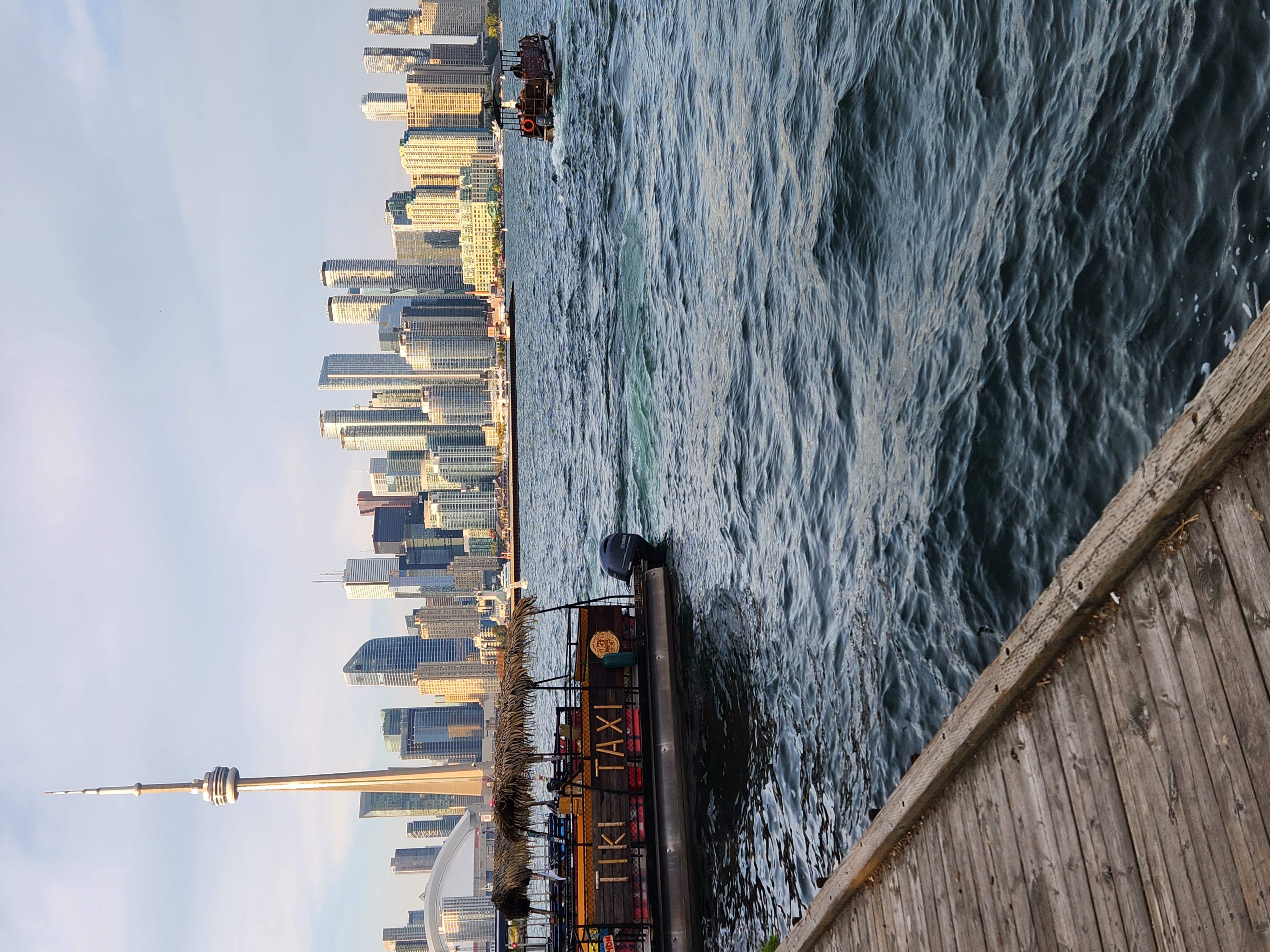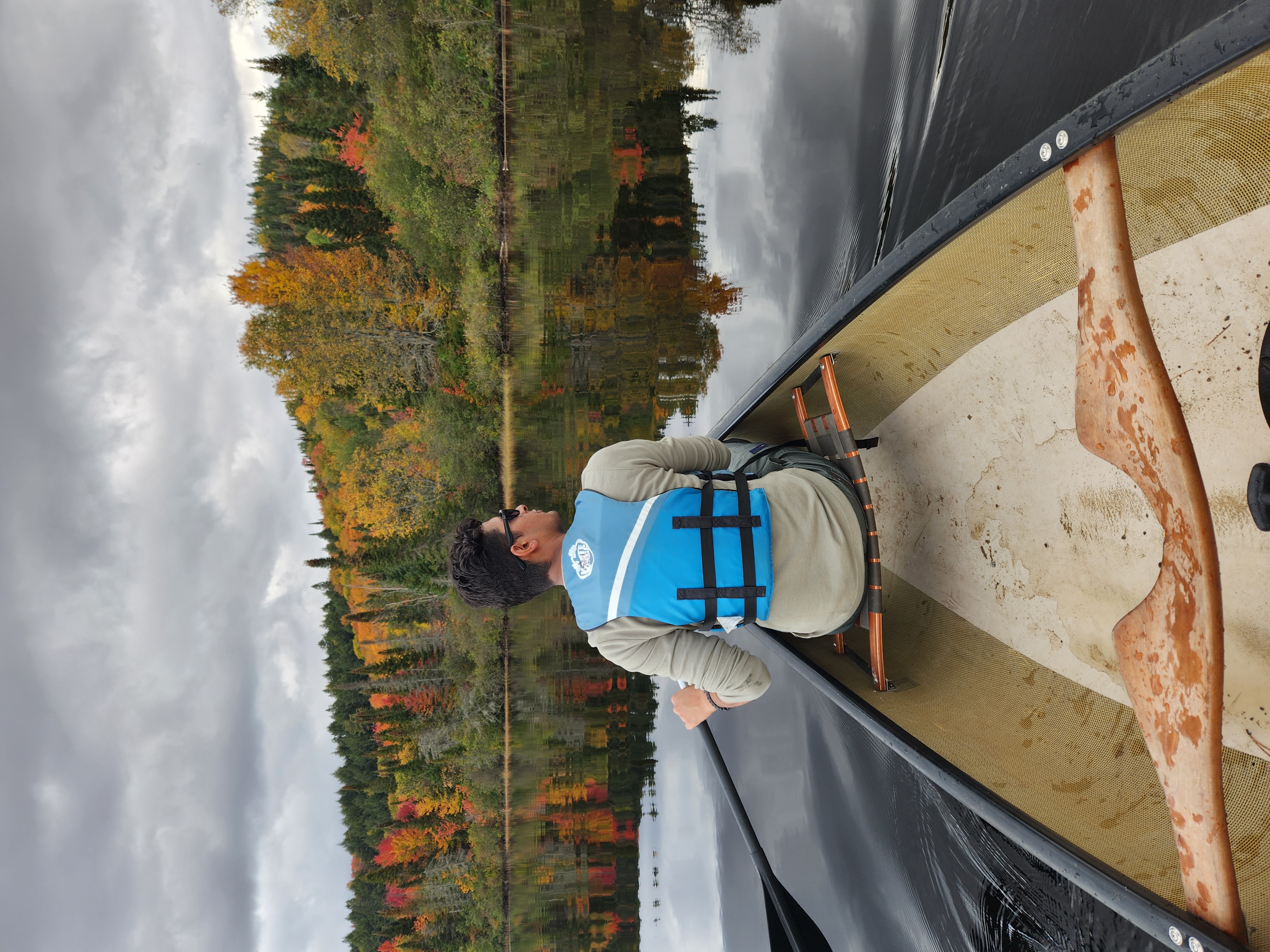In a recent global ranking released by Visual Capitalist, Canada has proudly secured the 4th position, trailing only behind global heavyweights like the United States (3rd), Japan(2nd), and Switzerland (1st). This ranking is based on various metrics such as quality of life, economic influence, cultural impact, entrepreneurship, education, sustainability, and political stability.
Canada’s placement is a testament to its strong institutions, welcoming multicultural policies, and high standard of living. However, sustaining , or even improving , this ranking in the years to come will not be automatic. With growing competition, economic uncertainty, climate concerns, and global instability, Canada must act proactively to remain among the top 10 most admired countries in the world.
Here’s how Canada can maintain its edge and stay globally competitive:
1. Double Down on Innovation and Research Funding
Canada has world-class universities and a skilled workforce. However, it still lags behind countries like the U.S., Germany, and South Korea in R&D intensity. According to OECD reports, Canada's business expenditure on R&D (BERD) as a share of GDP remains well below the G7 average.
To bridge this gap:
The federal government should increase funding for research and development, particularly in clean technology, space, health sciences, and AI.
Strengthen partnerships between academia, industry, and government.
Provide tax incentives to startups and small businesses engaging in innovation.
This would not only create high-value jobs but also reinforce Canada’s reputation as a hub of scientific advancement and technological leadership.
2. Address Housing and Infrastructure Challenges
Canada’s housing crisis, especially in cities like Toronto and Vancouver, is undermining quality of life. High housing costs are leading to brain drain, youth migration, and social inequality.
Key steps:
Speed up housing approvals at the municipal level.
Increase investment in affordable housing and mixed-income developments.
Promote smart urban planning and upgrade transportation infrastructure.
Encourage private and cooperative housing models to diversify supply.
A strong housing policy not only helps citizens but boosts Canada’s attractiveness to immigrants, investors, and talent.
3. Modernize Immigration with a Talent-First Focus
Canada’s immigration system is among the most robust globally. But to compete with countries actively wooing international talent, such as Germany and Australia, it must become even more responsive.
Suggestions include:
Fast-track permanent residency for highly skilled workers in STEM, health care, and green energy.
Align immigration pathways with labor market needs through real-time data.
Reduce bureaucratic hurdles for international students and entrepreneurs.
A future-ready immigration system ensures Canada remains a magnet for global talent.
4. Invest in National Security, Cybersecurity & Defence
Global rankings increasingly weigh a country’s geopolitical influence and ability to safeguard its interests. While Canada enjoys a strong diplomatic reputation, it lags behind in defence spending relative to NATO allies.
To maintain global respect and influence:
Increase defence and cybersecurity budgets.
Strengthen cooperation with allies on global peacekeeping, Arctic sovereignty, and hybrid threats.
Modernize NORAD and bolster technological infrastructure in defence.
Such moves will reinforce Canada’s global standing in an increasingly volatile world.
5. Champion Climate Leadership and Green Economy
As the world transitions to clean energy, Canada has both a responsibility and an opportunity to lead. With vast natural resources and innovation capacity, it can be a green energy superpower.
Policy recommendations:
Accelerate investments in renewable energy and electric vehicle infrastructure.
Phase out fossil fuel subsidies and reinvest in green R&D.
Support re-skilling programs for workers from traditional energy sectors.
Collaborate internationally on climate mitigation strategies.
Sustainability will be a defining metric in future global rankings, and Canada has the potential to excel here.
6. Enhance Global Cultural and Media Influence
Canada produces world-class talent in music, film, literature, and digital content — from Drake to Margaret Atwood to The Weeknd. But global visibility remains dominated by U.S. and U.K. media.
Canada can:
Expand support for creative industries and international co-productions.
Promote Canadian content globally through diplomacy and digital platforms.
Support multilingual content production to reach broader audiences.
Soft power , through culture , is a key pillar of global influence.
Conclusion: A Nation with the Tools to Lead
Canada's top-5 global ranking is not a fluke , it reflects decades of balanced policies, multicultural openness, and global goodwill. However, future success will depend on how agile and bold Canada can be in addressing internal and external challenges.
From housing and innovation to climate action and defence, Canada has the tools , and the values , to stay in the top 10. What’s required now is the political will, public support, and a shared national vision that puts long-term prosperity and global leadership at the forefront.
In a shifting world order, Canada must not only protect its status , it must reimagine its role as a 21st-century leader.














